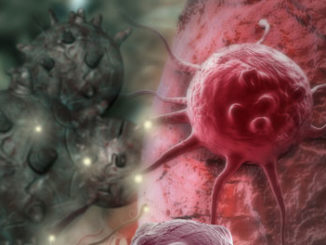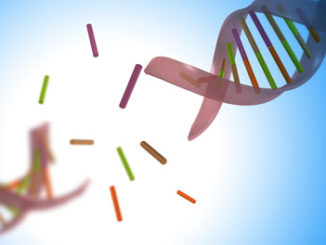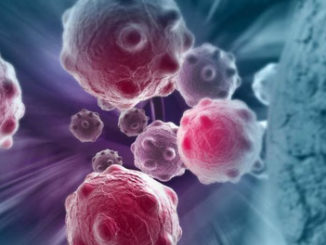Researchers Reveal Why Some Cancers Override HDAC Inhibitor Drugs
UK scientists from The University of Birmingham have discovered how certain cancer cells can adapt and render cancer drugs ineffective. These drugs, known as histone deacetylase (HDAC) inhibitors, are designed to disrupt cancer cells’ genetic controls. Their research, published in Epigenetics and Chromatin, may help create new therapies focused on preventing tumors from overcoming HDAC inhibitors (HDACi). Genes can be switched on or off via molecular tags that attach to DNA and transfer signals to tell the cell how to [more…]












